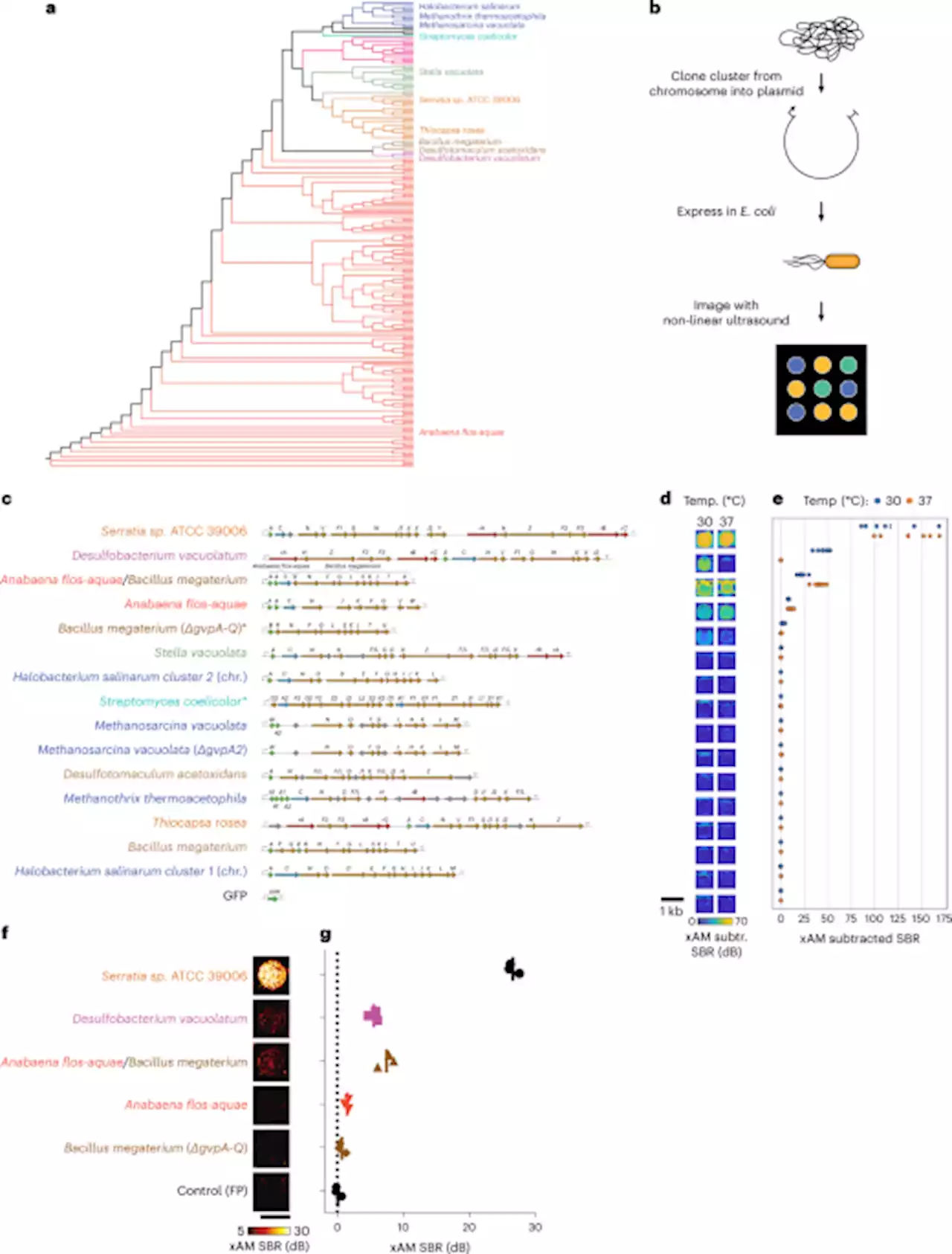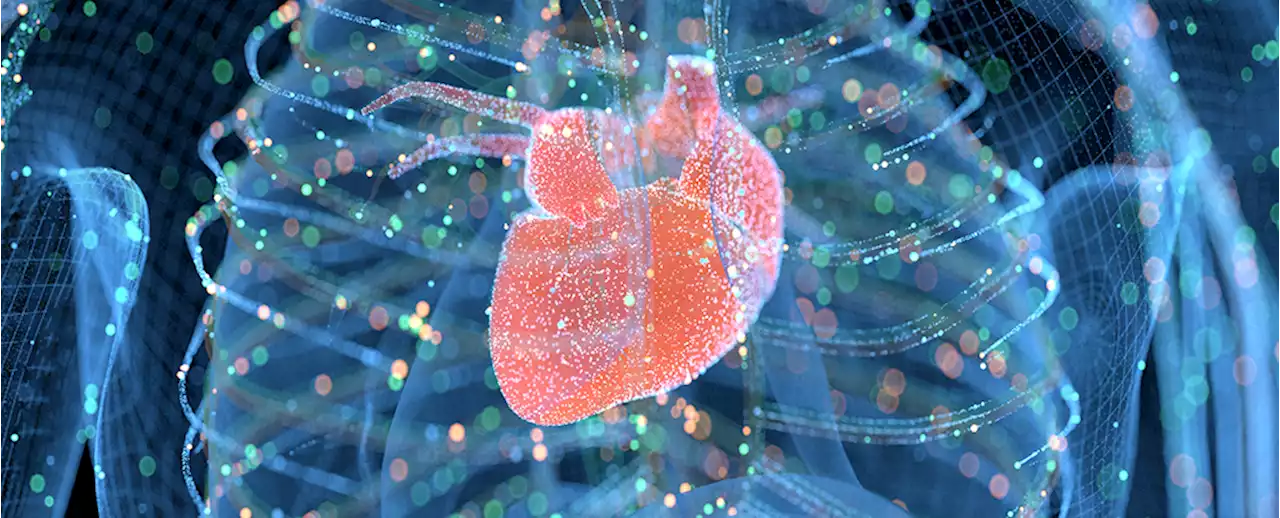Age catches up with us all eventually, but in some people the right genes can make that chase into our twilight years a relatively leisurely one.
in individuals who live longer than normal, including those in their late 90s and beyond. This finding prompted the researchers to take a closer look at the variant's physiological effects.
As well as the tests on mice, the team added the gene to human heart cells in a laboratory setting to see what the effects would be. The cells had been taken from 24 elderly patients with severe heart problems, including some who had previously experienced heart transplants.. The job of these cells includes building new blood vessels and keeping them well-maintained, which in turn keeps the heart functioning well for longer.
"The cells of the elderly patients, in particular those that support the construction of new blood vessels, called pericytes, were found to be less performing and more aged,", a cardiovascular researcher from the IRCCS Multimedica Group in Italy and lead author of the study. "By adding the longevity gene/protein to the test tube, we observed a process of cardiac rejuvenation: the cardiac cells of elderly heart failure patients have resumed functioning properly, proving to be more efficient in building new blood vessels."
While centenarians will naturally pass on the BPIFB4 gene mutation to their kids, the thinking is that this could be adapted as a therapy for people whose parents haven't lived to a grand old age, and who are experiencing heart issues.
Ireland Latest News, Ireland Headlines
Similar News:You can also read news stories similar to this one that we have collected from other news sources.
 Scientist Who Gene Edited Human Babies Says Mistakes Were MadeChinese geneticist He Jiankui rocked the scientific world with his gene-edited baby experiments back in 2018. Now, he speaks out about some of his regrets.
Scientist Who Gene Edited Human Babies Says Mistakes Were MadeChinese geneticist He Jiankui rocked the scientific world with his gene-edited baby experiments back in 2018. Now, he speaks out about some of his regrets.
Read more »
 Genomically mined acoustic reporter genes for real-time in vivo monitoring of tumors and tumor-homing bacteria - Nature BiotechnologyGene expression is imaged in deep tissues in mice using ultrasound.
Genomically mined acoustic reporter genes for real-time in vivo monitoring of tumors and tumor-homing bacteria - Nature BiotechnologyGene expression is imaged in deep tissues in mice using ultrasound.
Read more »
 Scientist Suggests Tweaks for Genetically Altered SupersoldiersIn a story about an upcoming gene editing conference, one of the summit's organizers admitted something kind of odd about military use of gene editing.
Scientist Suggests Tweaks for Genetically Altered SupersoldiersIn a story about an upcoming gene editing conference, one of the summit's organizers admitted something kind of odd about military use of gene editing.
Read more »
 Big Tech layoffs: What companies such as Amazon and Meta have in commonOne of the things these companies have in common is the fact that 'many hired aggressively during the pandemic, often because they over-extrapolated pandemic-related trends such as increases in demand for goods or time spent online.'
Big Tech layoffs: What companies such as Amazon and Meta have in commonOne of the things these companies have in common is the fact that 'many hired aggressively during the pandemic, often because they over-extrapolated pandemic-related trends such as increases in demand for goods or time spent online.'
Read more »
 These are the 7 most common long COVID symptoms, new study findsA new study sought to identify which commonly reported long COVID symptoms are associated with COVID in particular as opposed to other viral illnesses.
These are the 7 most common long COVID symptoms, new study findsA new study sought to identify which commonly reported long COVID symptoms are associated with COVID in particular as opposed to other viral illnesses.
Read more »
